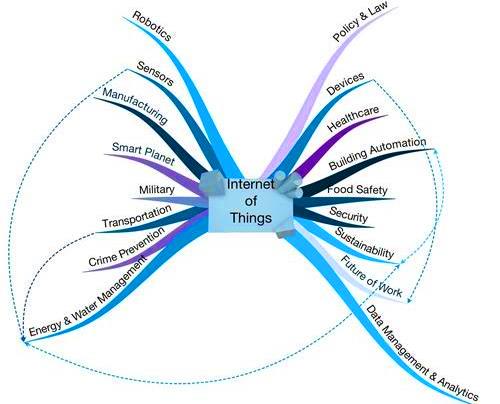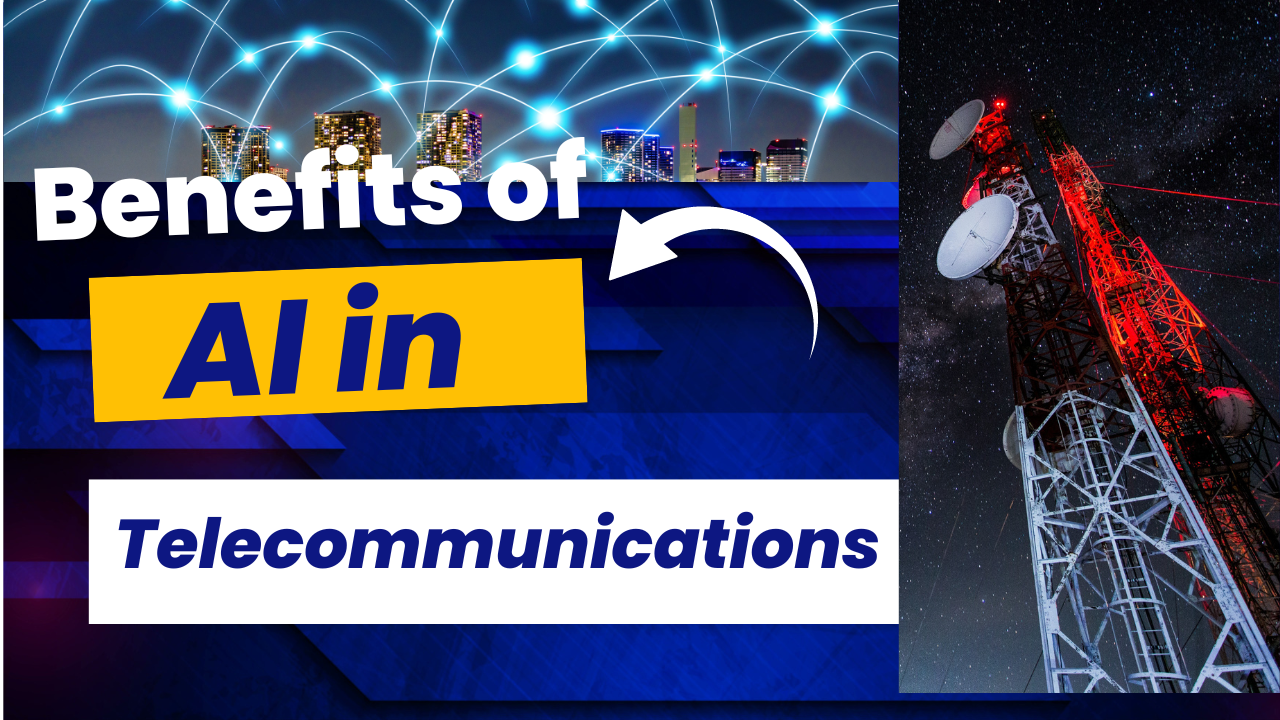ICTpost Energy Bureau

The Internet of Things (IoT) is connecting new places such as manufacturing floors, energy grids, healthcare facilities, and transportation systems to the Internet. When an object can represent itself digitally, it can be controlled from anywhere. This connectivity means more data, gathered from more places, with more ways to increase efficiency and improve safety and security.
We have seen that the shift from IoT fantasy to reality is dependent on a return on investment (ROI). Now let’s see how the smart grid fits in the story.
The smart grid provides the strongest example of IoT deployment. It uses advanced sensors and gives us better information for controlling our energy world. It also illustrates the challenges and dangers inherent in an IoT.
In fact, a revolution in energy domain is underway, namely the Smart Grid. Its basic building blocks are the existing efforts of the Internet of Things and Internet of Services, that come together with cooperation as the key goal. In Smart Grids networked embedded devices are making the electricity grid itself, the homes, the factories etc. smarter, enabling and increasing the collaboration among them. In the Smart Grid era, it is expected that all devices will offer their functionalities as services that other entities can (dynamically) discover and use. In such highly distributed heterogeneous infrastructures it is clear that the challenges tackled by the Internet of Things can have a real impact, empower the Smart Grid and greatly affect the domain and its future value added services.
The introduction of widespread collaboration at all layers of the Smart Grid will signal also a paradigm change, which will reshape various business domain including the Energy one. As IT technologies empower traditional processes and enable sophisticated cooperative services to emerge, many challenges such as security, trust, and privacy will gain importance, but also opportunities will arise. Once these are adequately tackled, it is expected that a new breed of innovative services and business application that we can not anticipate today, will be possible.
For utilities, some benefits are : lower cost of data collection, since meters report their data automatically; quicker reaction to outages, leading to less lost-revenue downtime; better monitoring of electricity theft; and better ability to link the actual costs of generation with consumption through time-of-use pricing.







